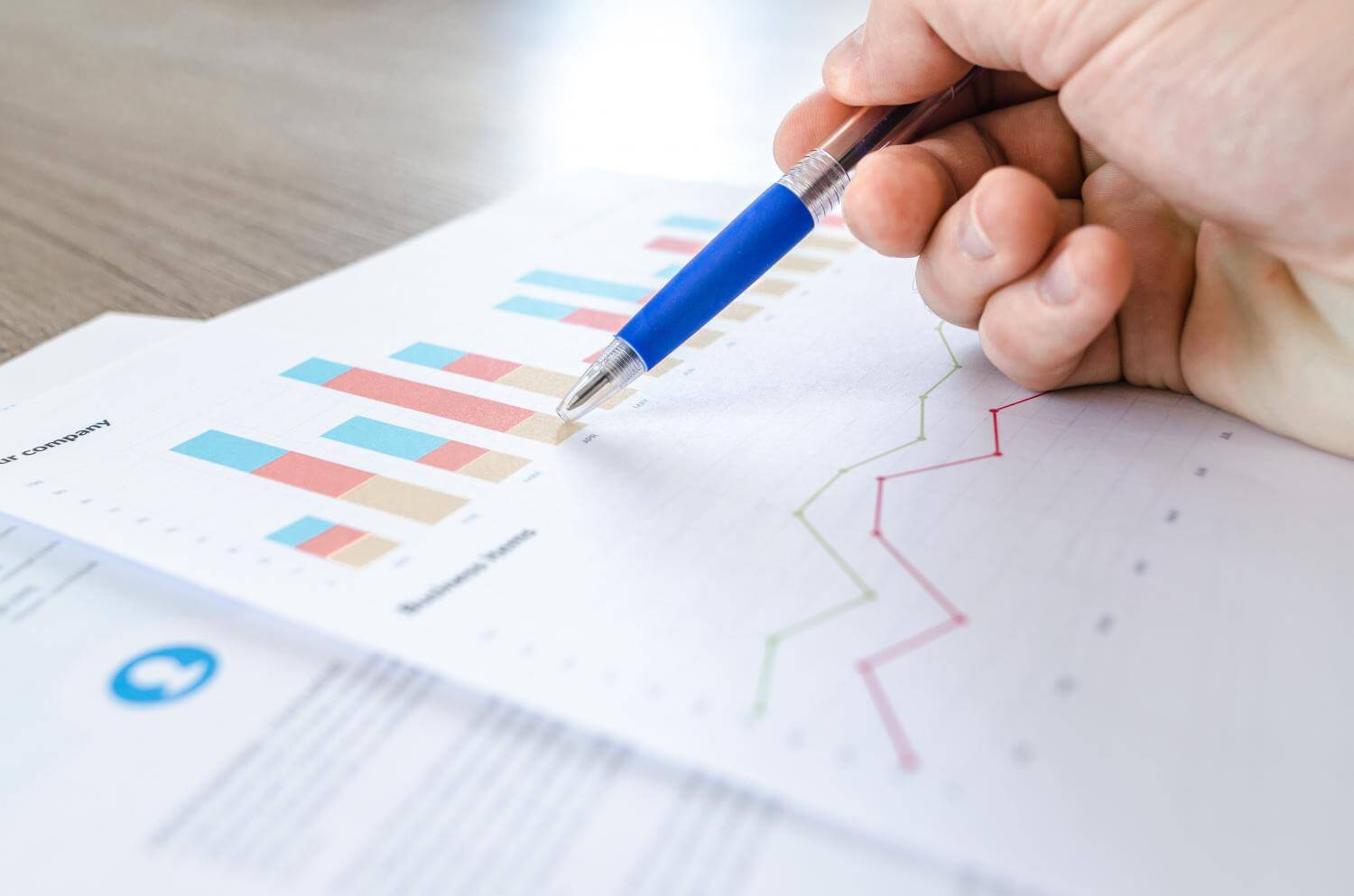By Clay Malcolm,
New Direction IRA
I couldn’t help but reflect on the fascinating relationship between new and old business practices as we toured the Port of Los Angeles on a recent business trip. While conversing about all things cryptocurrency and the future of safe online investing, we saw colossal freighters with hundreds of shipping containers flow through the port, en route to wherever the open sea could take them or having just arrived from who-knows-where. As we witnessed these marvels of modern trade, it occurred to me that some things never change, even as technology ascends to dominance in commerce and communication. In a world where Bitcoin grabs the headlines, we’re still exchanging product-laden ships with friendly nations just as we have for centuries.
Agriculture, of course, is a model of longevity; farming (as well as other land uses like ranching, hunting, etc.) isn’t going anywhere. It’s an industry whose durability can offer relief when Wall Street takes a downturn. Among the trillions of dollars in cash and assets currently situated in IRAs, 401(k)s and other tax-advantaged savings vehicles, stocks and mutual funds dominate. The IRS does, however, offer more than blind dependence on the stock market; a wide variety of “hard” or “alternative” assets are allowed within these accounts. What if your Traditional or Roth IRA could purchase farmland and make tax-advantaged earnings by leasing that land, a strategy that falls into your knowledge and expertise?
Self-directed retirement accounts afford investors the opportunity to earn in the long run while utilizing their existing business talents. As the name implies, self-direction puts you in control of your investment strategy even as you maintain suitable distance from your retirement assets. You can still review acquisition opportunities and qualify lessees as if you were investing with personal funds. There are, however, minimal distinctions worth bearing in mind when leasing farmland with an IRA:
- To reflect ownership by the IRA and not by you personally, all applicable documentation must be titled in the “name” of the IRA.
- Any income yielded from the investment must return to the IRA. Accordingly, any expenses incurred by the investment must also be paid by the IRA. You can personally accept lease payments on behalf of your plan, but you must then forward the funds to your IRA provider for proper deposit.
- Your IRA may not conduct business with disqualified persons, including yourself, your direct family members (parents, children, etc.), any spouses of the aforementioned, or any fiduciaries to your IRA. Friends, business partners, and non-linear family members (siblings, cousins, etc.) are non-disqualified and therefore fair game as lessees.
Apart from these considerations, the practices for building your retirement need not differ from those of your day-to-day enterprise. When coupled with the tax-deferred or tax-free benefits of self-directed IRAs, the reliable income you’ve come to enjoy can help create a financially comfortable future for you and your family.
Clay Malcolm
New Direction IRA
info@ndira.com
(877)742-1270 x-155



